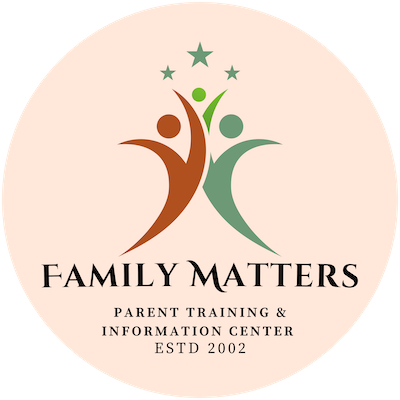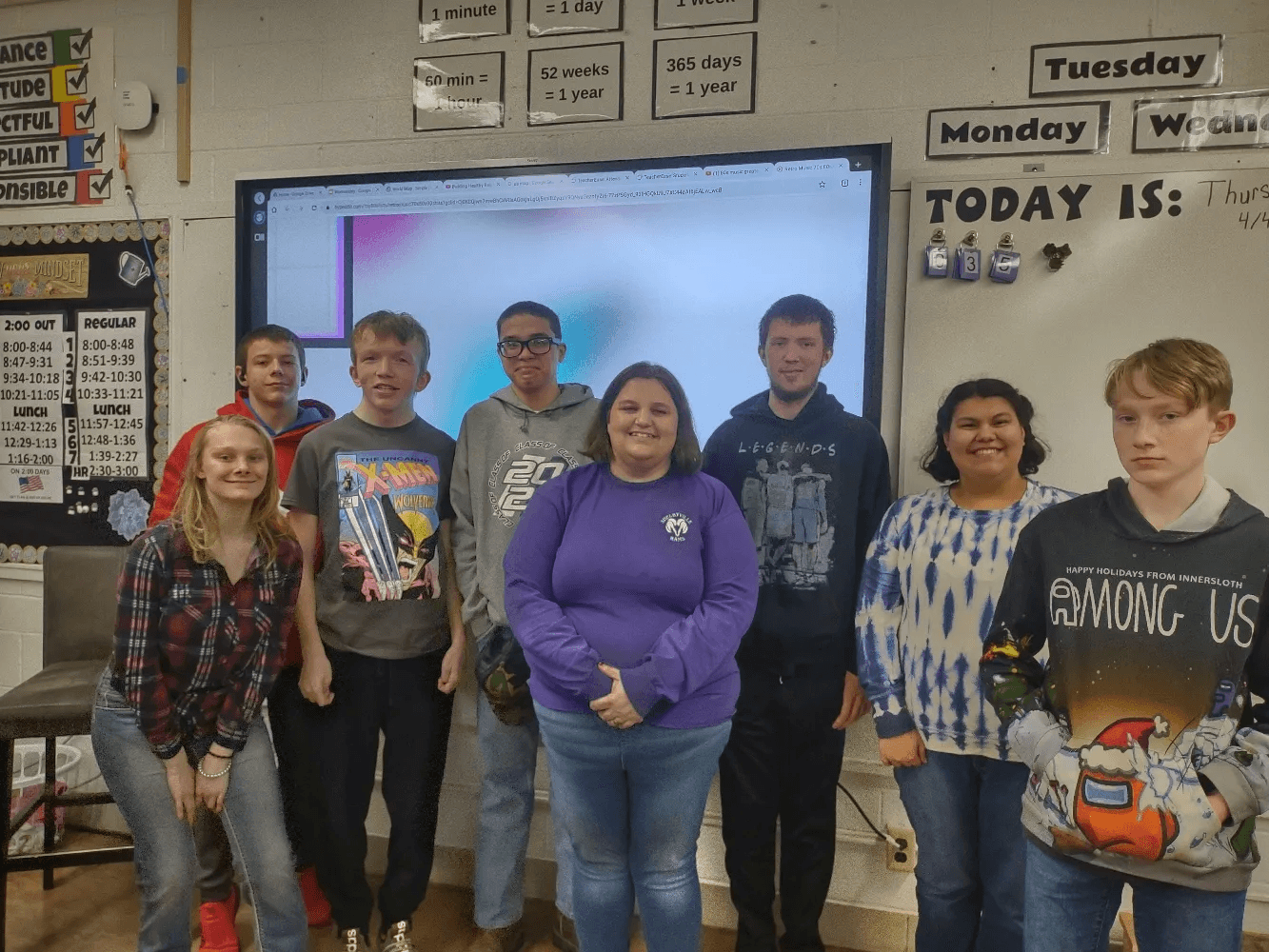Social Skills to Social Success
Offered by Family Matters PTIC
For youth with disabilities ages 14–22
"Social Skills to Social Success" is a structured, student-centered 9-part series designed to equip youth with disabilities with essential social skills that enhance their success in school, work, and relationships. This program supports social-emotional learning by fostering self-awareness, communication skills, and appropriate behavior in a variety of social settings.
Each session includes interactive lessons, real-life examples, and practical strategies tailored to meet the needs of students with a range of disabilities that impact their social development. The series can be delivered either in person or virtually by trained staff at Family Matters PTIC, ensuring flexibility and accessibility.
Session 1: What Are Social Skills and Why Are They Important?
Students explore the meaning of social skills—behaviors that help people interact in positive ways. This session explains how social skills impact friendships, communication, and success in everyday life, especially in school and the workplace.
Session 2: What Is the Difference Between Feelings and Emotions?
Students learn the difference between emotions (automatic physical responses) and feelings (how we interpret those responses). Understanding both helps students recognize their own emotional responses and better manage them during social interactions.
Session 3: Self-Regulation
This session focuses on how students can identify their emotional states and use calming strategies to manage strong emotions. Tools like deep breathing, positive self-talk, and sensory techniques are introduced.
Session 4: Appropriate Public Behavior
Students discuss what behaviors are expected in public spaces like school, restaurants, and workplaces. The session addresses personal boundaries, hygiene, and understanding social norms in different environments.
Session 5: Basics of Conversations
Students practice how to start, maintain, and end conversations appropriately. Topics include body language, eye contact, tone of voice, turn-taking, and understanding when to talk or listen.
Session 6: Social Skills in School and the Workplace
This session teaches how to interact with teachers, coworkers, and supervisors. Topics include being respectful, asking for help, handling feedback, and following rules and routines.
Session 7: Social Skills and Friendships
Students learn the difference between acquaintances and true friends, how to make and keep friends, and how to handle disagreements or rejection in healthy ways.
Session 8: Social Skills and Dating
This session covers consent, appropriate communication, boundaries, and healthy versus unhealthy relationships. The lesson is age-appropriate and respectful of diverse needs and experiences.
Session 9: Social Skills and Self-Advocacy
Students discover how to speak up for themselves, express their needs and preferences, and understand their rights in different settings. Role-playing and communication tools are used to practice advocacy in real-life scenarios.

